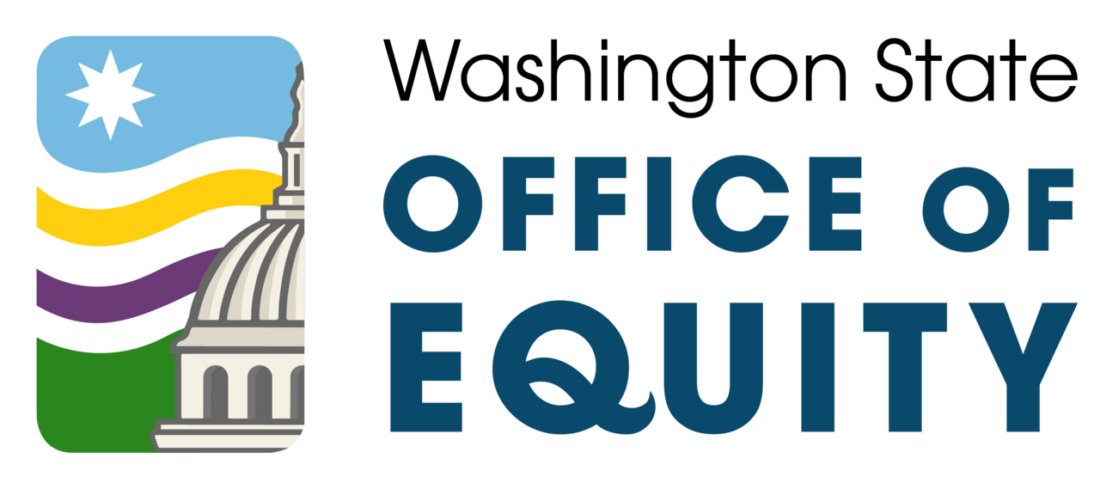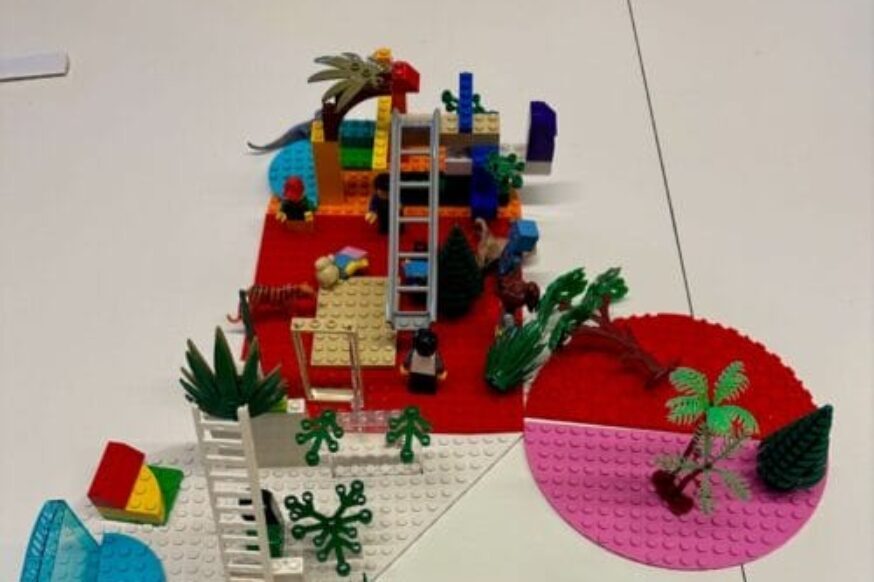The Washington Equity Program (WEP) was created by the Washington State Office of Equity and the Centre for Public Impact (CPI), with a goal to bring community and state government together to develop a vision for the future of Washington State government. The resulting vision was to advance a Washington For All.
In the final portion of WEP, we focused on two things:
- Train the Trainer: Giving government workers the training and support they need to make change.
- Relational Partnership: An essential pattern to share power between government and community.
To make these ideas real, the Office of Equity invited 40 state government workers and 35 community members from across the state to participate. We led sessions on building trust with the community, understanding the importance of identity, and learning about the Office of Equity’s 7 Pit Stops Toward a Belonging State.
As we finished the program, we realized that these ideas are important for making lasting changes, building trust, and giving government workers the tools they need to help people in Washington. Here are three lessons we learned along the way:
Lesson 1: Empowering state workers creates positive impacts for Washingtonians
We focused on giving government workers the support they need to promote equity in Washington. The program gave hands-on lessons to staff who wanted to make a difference. It helped them think about their identities and how they affect their work. It also gave them the tools to lead and organize equity-focused projects.
Throughout the program, participants learned about identity and how to connect them to power in the workplace. They practiced handling tough conversations by role-playing and getting feedback from each other. They also improved their communication skills by learning to share information about equity with other government workers.
By the end, participants felt more confident leading group discussions and were empowered to use their new skills in real-life situations. They also mentioned how the resources and tools helped them feel ready to advance equity and inclusion in their work.
The Train the Trainer program wasn’t just about building skills. It was about changing the way people think. The program created lasting change in Washington by giving government workers the tools, confidence, and support to continue to advance equity and inclusion in their work.
Lesson 2: Trust is built through action
Building trust and creating strong relationships are at the heart of the Office of Equity’s mission. The Office of Equity believes that government should create trust by sharing power in meaningful ways. This change requires policy changes and a deep commitment to trust, vulnerability, and really listening to people.
To support these ideas, we designed sessions to help participants build trust and listen to community members to solve issues. The goal was to create a space where government workers and community members could unite as equals, with open minds and open hearts, while understanding their power differences. We led small group discussions, gave time for reflection, and held larger group discussions to ensure everyone’s voice was heard.
For many participants, this approach led to “aha” moments, where they saw government more connected to community concerns than they expected. There were moments of real understanding, where people from both sides connected on a personal level. These interactions helped create support and a renewed commitment to making real change in Washington. These sessions showed that real, lasting change can only happen when we build relationships based on trust and collaboration.
Lesson 3: A framework for belonging can help accelerate change
The 7 Pit Stops Toward a Belonging State framework is a guide to help state agencies make sure all Washingtonians feel seen, heard, and valued. The framework focuses on important areas that state agencies and individuals need to think about to create a state where everyone belongs. It is not just by making rules. It’s about making sure equity is part of everything that the state does. By addressing each “pit stop,” agencies are challenged to look at what they’re doing and how they’re doing it so that no one is left behind.
The framework helps find places where institutions might be unintentionally treating people unfairly and gives people advice on how to fix those problems. The “pit stops” are like checkpoints that help keep the path clear, measurable, and achievable for every Washingtonian.
In our work with participants, we used the 7 Pit Stops to guide government and community through real-life examples of each “pit stop.” We talked about important topics like healing, being intentional, and focusing on community needs. The workshops focused on working together, showing that both government and community need to work as partners to drive change. Small group discussions and real-life situations helped build trust and develop practical solutions.
As participants completed the sessions, government workers said they learned more about the importance of being open and humble. Community members said they felt heard and understood that building trust is key for working together in the future. The 7 Pit Stops framework helped everyone connect, deepen their understanding of equity, and learn practical ways to build a Washington for All.
Conclusion
The Washington Equity Program was created to bring government and community together to work toward a fairer future for all Washingtonians. By providing tools for government workers to create change and a space to collaborate with the community, we are one step closer to building a Washington for All.



